
Seagate shows off the fastest SSD in the world -- 10 gigabytes per second!
It is becoming a cliché, but the best upgrade you can make is moving from a mechanical HDD to an SSD. In 2016, however, all solid state drives are not created equal. While it used to be that having any SSD was awesome, this is simply not the case anymore. As higher capacities become less expensive, and interfaces become speedier, that SATA SSD you bought a few years ago may not be so great anymore.
Case in point, today, Seagate shows off what it claims is the fastest SSD ever. How fast is it, you ask? 10 gigabytes per second! Yes, that is gigabytes, folks, and not gigabits. It utilizes a 16-lane NVMe PCIe interface. Oh. My. Gosh.
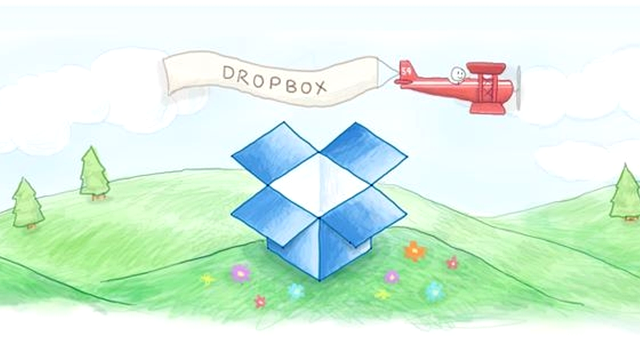
Dropbox now has half a billion users [Infographic]
Dropbox is one of the leading players in the cloud storage market, attracting a large number of consumers and business clients since making its debut in mid-2007, on the merits of its namesake service alone: today, it boasts more than half a billion customers.
With over 500 million users under its belt, Dropbox is now one of the most popular -- if not the most popular -- cloud storage services. The company has added 100 million customers in the last nine months alone.

IT pros: Storing data in the cloud is safer than on-premise
IT professionals believe their organization's data is more secure in the cloud than in on-premise machines, a new survey by Evolve IP, entitled 2016 Cloud Adoption suggests.
To be more precise, private clouds are the most popular solution, followed by public clouds, followed by on-premise machines. The survey polled more than 1,080 individuals and has unveiled that 91 percent of all organizations have at least one service in the cloud.

One in three laptops will ship with an SSD in 2016
The average contract price of mainstream PC-Client OEM SSDs in Q1 of 2016 has dropped, a new report by TrendForce’s DRAMeXchange suggests.
MLC-based SSDs, as well as their TLC-based counterparts have seen their prices drop 10-12 percent, and seven-12 percent respectively.
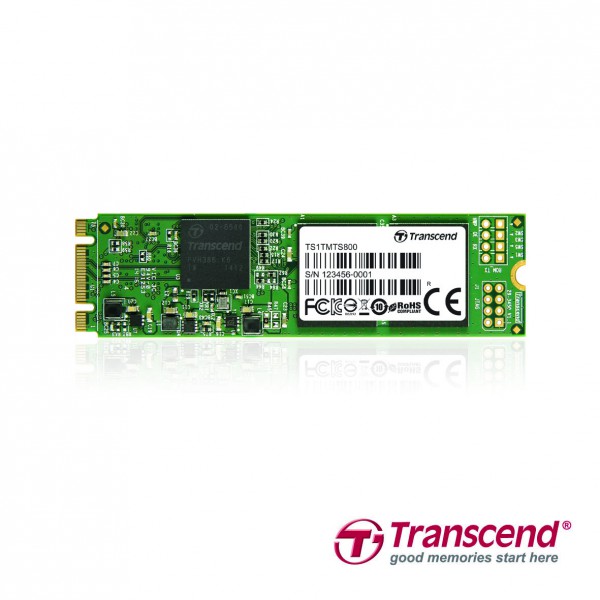
Transcend unveils MTS800 1TB M.2 SATA SSD
When it comes to computers, thin is in. With every passing year, it seems laptops, tablets and other devices become more svelte. Some people decry this design direction, saying what we have is "thin enough", and yeah, I get that, but manufacturers should never become complacent. As long as the thin nature doesn't compromise the overall experience, I'm all for it.
Today, Transcend announces a super-thin 1TB M.2 SSD that is designed with a focus on Ultrabooks. Remember folks, PC manufacturers need to source thin and light components in order to keep pushing the envelope. A thin high-capacity drive such as this, while not super-fast, can definitely find a home in some future computers. This all-new 1TB variant joins the existing capacities of 32GB-512GB.
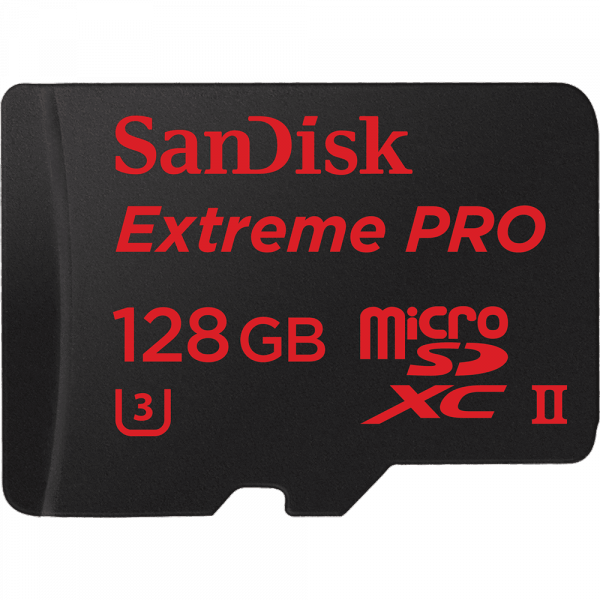
SanDisk announces 'world's fastest' Extreme PRO microSDXC UHS-II card
When it comes to microSD cards, they are plenty small enough. We are at a point where making storage cards any smaller would be downright ridiculous -- they are too easily lost as-is. With that said, how can companies continue to push the envelope? Speed.
SanDisk is one of the leaders for storage like cards and flash drives; its cards are reliable and fast. Quite frankly, I only trust my photos to its cards, but I digress. The company is making its microSD lineup even better, with the all new Extreme PRO microSDXC UHS-II, which it claims is the world's fastest such card.
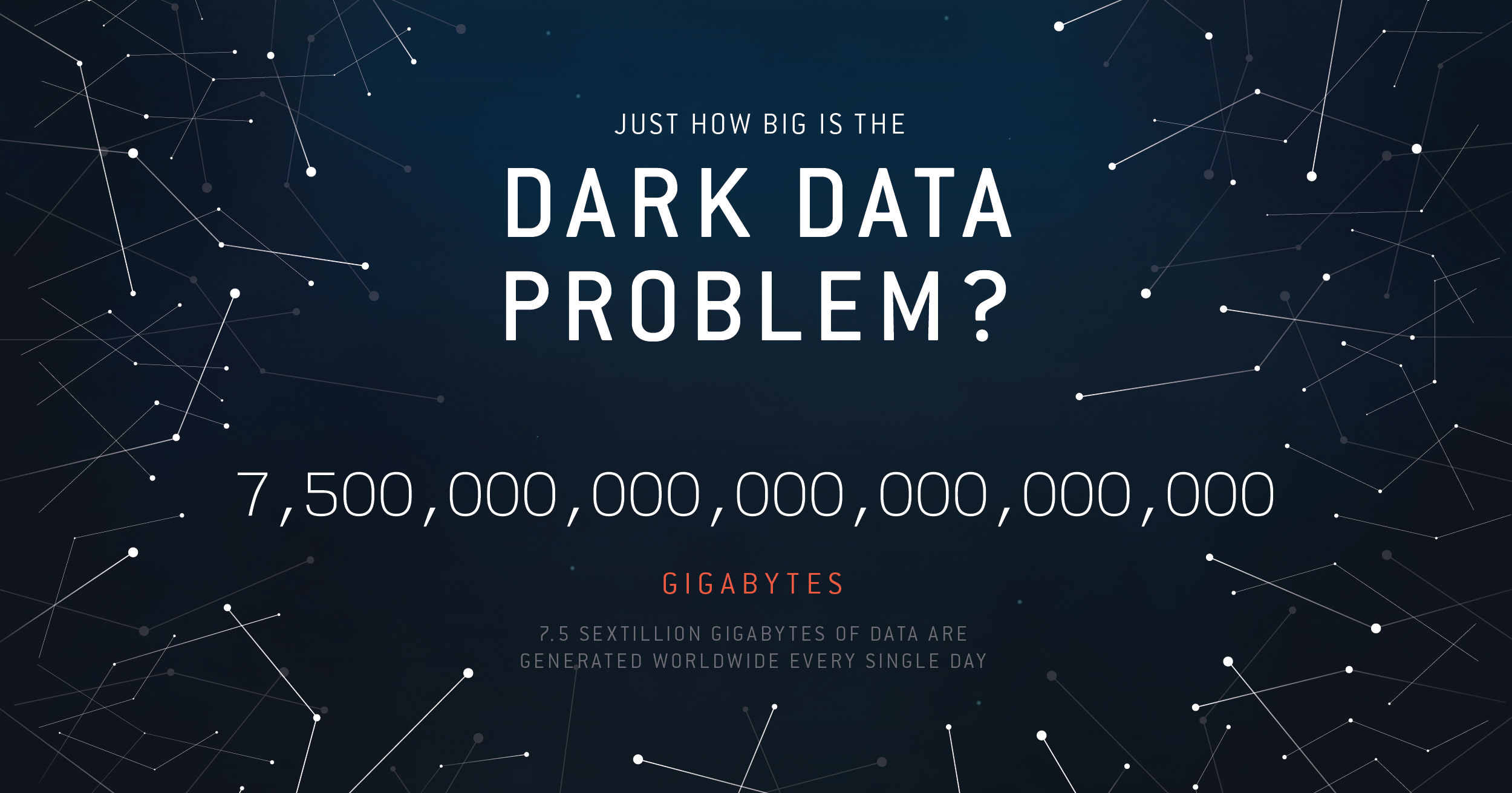
Dark data and why you should worry about it
How much of your company's data do you actually use? According to search technology specialist Lucidworks, businesses typically only analyze around 10 percent of the data they collect.
The rest becomes what the company calls 'dark data' -- information that lurks unused. Much of this data is unstructured and doesn't fit into any convenient database format. This means that companies don't have the tools to make sense of it or simply find they have too much to handle.
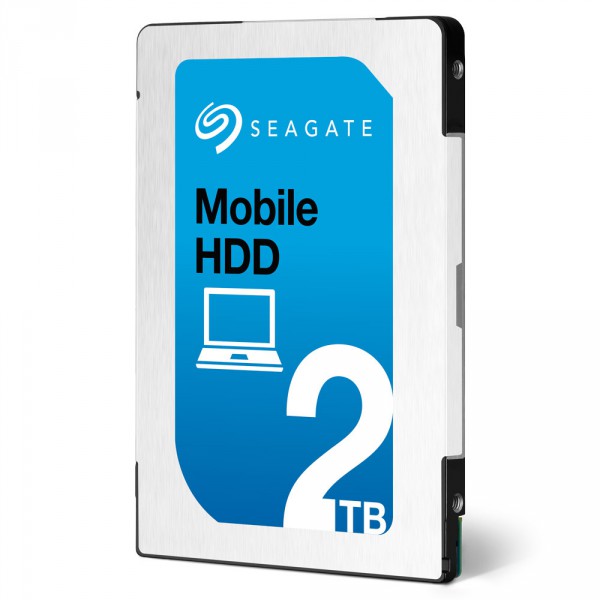
Seagate announces 'world’s slimmest and fastest' 2TB mobile HDD
Almond Joy and Mounds are two fairly popular candy bars -- I see them often in most convenience stores. Both feature coconut and chocolate, but only the former features nuts. There was quite the popular marketing campaign years ago, with the jingle of "sometimes you feel like a nut, sometimes you don't". The same can be said of technology. Sometimes you feel like a solid state drive, sometimes you don't. But why would you ever prefer a mechanical hard drive?
Capacity. True, SSDs are faster, but HDDs typically offer higher capacities at lower prices. If cost and capacity are your focus -- speed be damned -- a hard disk drive could be what you need. Today, Seagate releases what it claims is the "world's slimmest and fastest" 2TB mobile hard drive. Oh my.
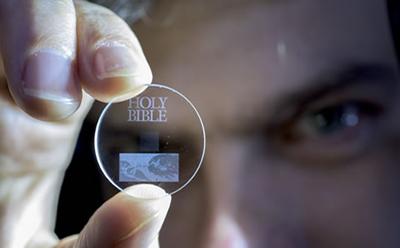
Eternal 5D nanostructured glass optical discs hold 360TB of data and last billions of years
Storing data is extremely important for many situations. Businesses often need to retain information for legal purposes, while home users cherish things like family photos and heirloom recipes. For many people, utilizing flash drives, optical media, or the cloud is sufficient. I prefer redundancy -- cloud and local data.
What if you need to store a lot of data? I'm talking, like, a lot of friggin' data. Well, your needs may be met by a new invention from the University of Southampton. Not only can its newly announced Eternal 5D nanostructured glass discs hold 360TB of data, but they can last billions of years too. Hell, these discs could possibly outlive the Earth and its sun!
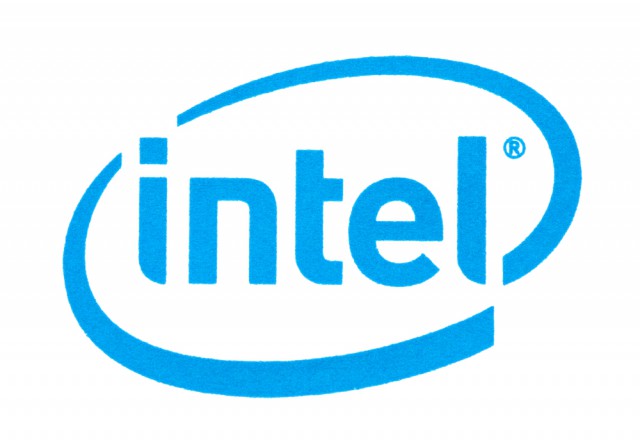
Intel may soon launch 10TB SSDs
Intel’s SSDs may soon see a significant increase in their capacity and speed as a result of Micron’s latest chips, which could also be used to create competitive SSDs that are as small as flash drives.
Micron is responsible for producing the flash which is used in Intel’s SSDs and now it has begun manufacturing and distributing its 3D NAND flash in large quantities. The company’s 3D flash chips would allow tiny SSDs to reach a capacity of 3.5TB, and 2.5 inch SSDs could possibly hold even more than 10TB of storage.

Should you use Amazon S3?
In any discussion about cloud computing, it is becoming harder and harder to ignore Amazon Simple Storage Service (S3), the massively scalable, cost-effective cloud storage solution developed specifically to house the huge influx of data created by organizations worldwide.
Amazon S3 commands twice the market share of all its closest competitors combined and is likely to be the storage platform of choice for on-premise hybrid or private cloud deployments for some time to come.
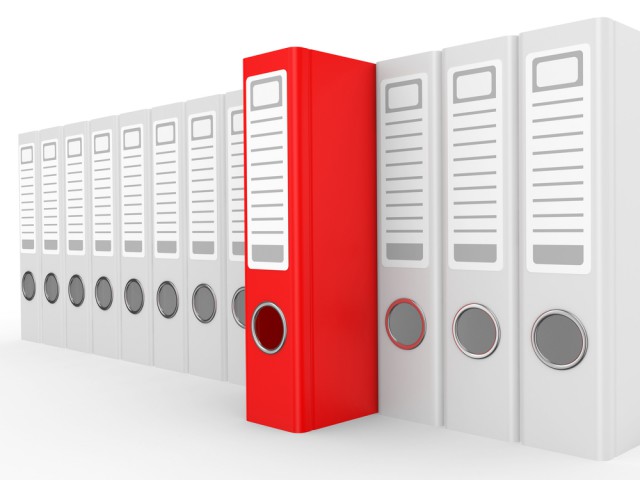
Your business is likely storing useless data
Your company computer is probably clogged with unnecessary data, and your company’s cloud is probably filled with things no one really uses any more.
Those are the results of a Crown Records Management/Censuswide survey, released on Clean out Your Computer Day.
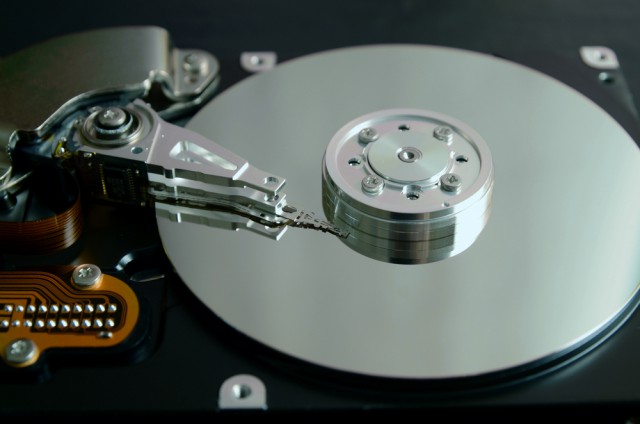
Seagate faces class-action lawsuit over faulty 3TB hard drives
Hard drive failure is inevitable, but manufacturers will generally provide an estimate of how long their products will last, giving businesses and consumers plenty of time to backup their drives. When a hard drive fails unexpectedly and long before it should, it can cripple a business.
A class-action lawsuit has been brought against the hard drive manufacturer Seagate after many users reported that the company’s 3TB drives were failing at an alarming rate. The law firm Hagens Berman and Sheller has filed a case in the U.S. District Court for the Northern District of California.

2016 is the year when SSDs will truly take off
It seems as 2016 will be the year of the SSD (solid-state drive), with more and more IT decision makers saying they’re looking to use the advanced storage technology within their organizations.
This is according to a Spiceworks Voice of IT survey, done by Crucial, which asked 306 IT decision-makers in Europe and North America about their storage plans.
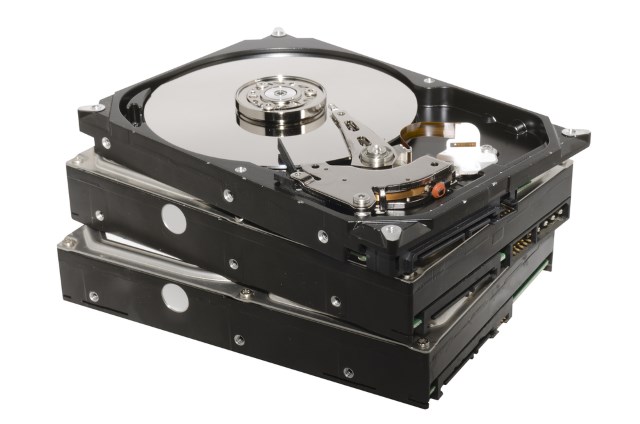
When it comes to storage, reliability trumps price
When it comes to storage, saving money is no longer the number one priority for businesses, a new survey by Western Digital Corporation says.
According to the storage maker’s second annual global survey of CIOs and IT decision-makers, businesses have recognized the positive impact data can have on their bottom line.
